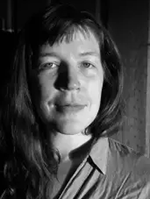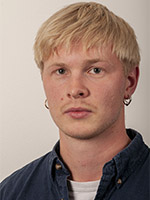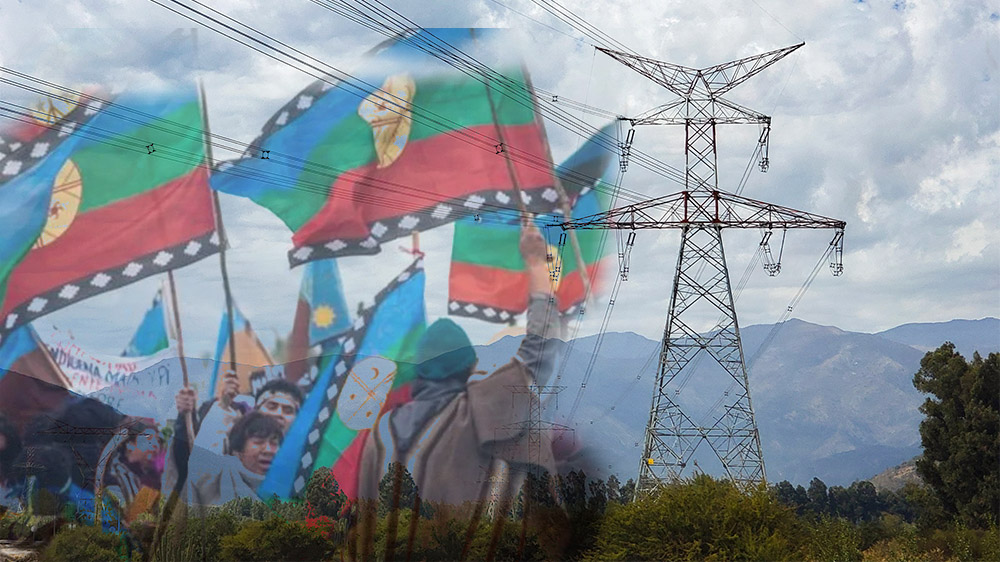Coffee and pastries will be served.
Sign up for the breakfast seminar
Minimizing climate change requires renewable energy. However, energy development creates conflicts over the control of natural resources and land. This presentation analyzes the longstanding transnational hydropower conflict with the Norwegian state-owned enterprise, Statkraft, in Southern Chile, involving Indigenous communities in Mapuche-Williche territory. The conflict is analyzed via the energy justice framework, to evaluate the historical and ongoing marginalization of communities through energy systems.
The talk introduces research conducted by a solidarity network of patchwork ethnography across the Global South and North, indicating that there are recurring issues for recognizing Indigenous rights. This suggests that epistemic justice – the radical inclusion of different ways of knowing – is central to understanding and redressing energy conflicts. Focusing on the division between Indigenous and Western knowledge in implementing Free, Prior, and Informed Consent (FPIC), epistemic justice can provide a partial framework to enable FPIC and other legal instruments to include Indigenous knowledge, facilitating more just processes and outcomes in the transition from fossil fuel energy.
Moderator: Benedicte Bull, Centre for Development and the Environment
Speakers

Sarah Kelly is a cultural geographer and postdoctoral researcher at the Institute for Energy and Society at the Department of Anthropology at Dartmouth College (USA). Her work investigates water, social studies of energy, and Indigenous geographies through community-based participatory research and mapmaking, principally with Mapuche-Williche communities in southern Chile.
Relevant articles by Sarah Kelly:
- Mapping hydropower conflicts: A legal geography of dispossession in Mapuche-Williche Territory, Chile, Geoforum, 2021
- Megawatts mask impacts: Small hydropower and knowledge politics in the Puelwillimapu, Southern Chile, Energy Research & Social Science, 2019

Yngve Heiret is a PhD student in human geography at the Department of Sociology and Human Geography, University of Oslo. His research revolves around energy transitions and the transnational political economy of states. In his PhD project, Heiret examines the internationalization of state-owned Norwegian energy enterprises, focusing particularly on the renewable energy company Statkraft.
